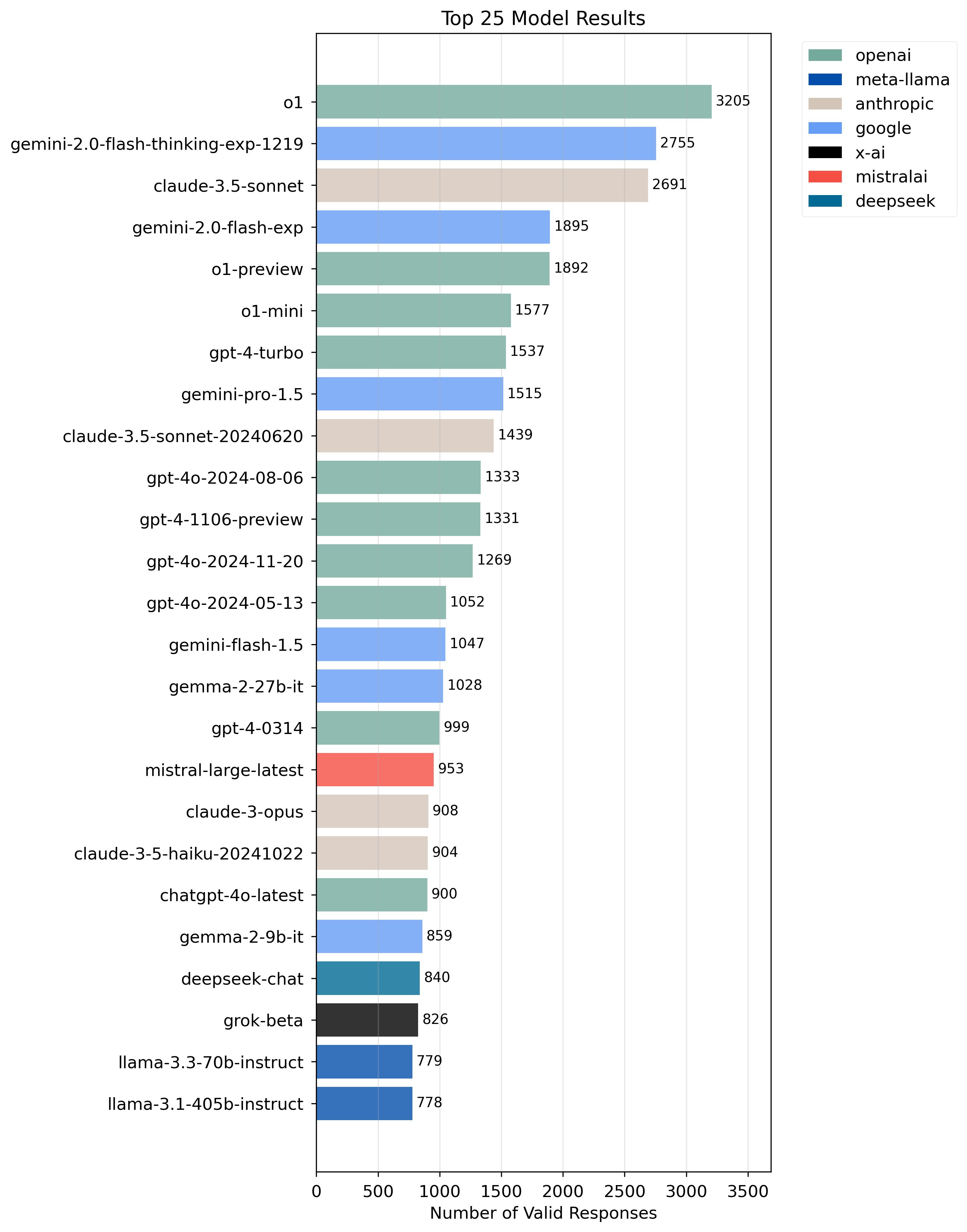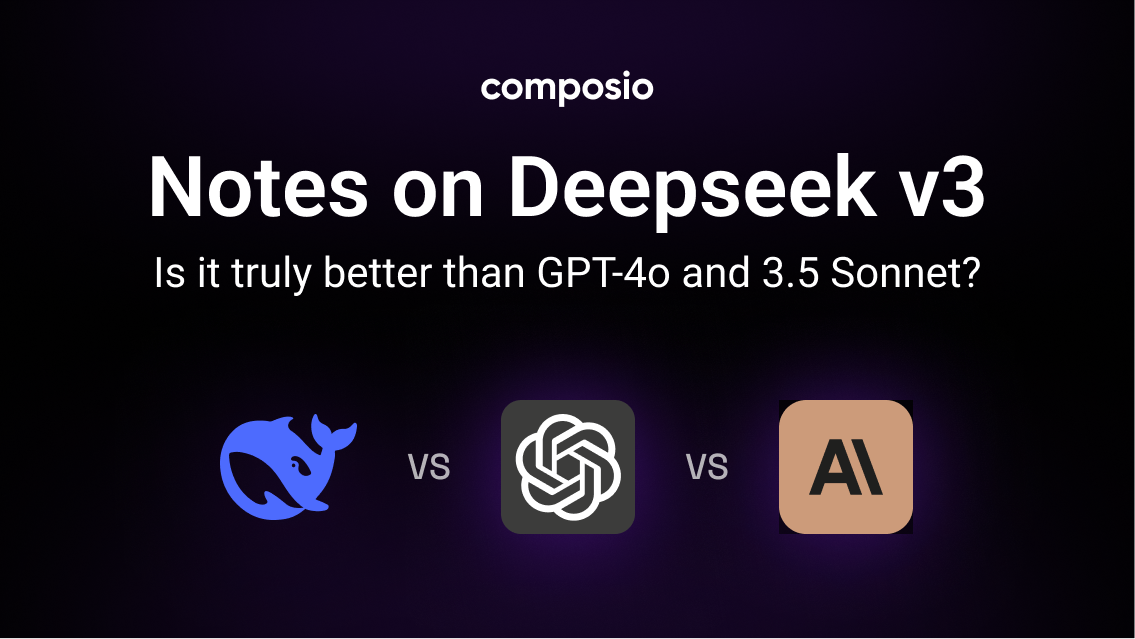OpenAI and the White House have actually implicated DeepSeek of utilizing ChatGPT to inexpensively train its new chatbot.
- Experts in tech law say OpenAI has little recourse under intellectual home and contract law.
- OpenAI's terms of use may use but are mainly unenforceable, they say.
This week, OpenAI and the White House accused DeepSeek of something comparable to theft.

In a flurry of press declarations, they said the Chinese upstart had bombarded OpenAI's chatbots with queries and hoovered up the resulting information trove to rapidly and cheaply train a model that's now nearly as good.

The Trump administration's leading AI czar said this training procedure, called "distilling," totaled up to intellectual property theft. OpenAI, on the other hand, told Business Insider and other outlets that it's examining whether "DeepSeek might have inappropriately distilled our designs."
OpenAI is not saying whether the company plans to pursue legal action, instead guaranteeing what a spokesperson called "aggressive, proactive countermeasures to protect our technology."
But could it? Could it sue DeepSeek on "you took our material" premises, much like the premises OpenAI was itself sued on in an ongoing copyright claim submitted in 2023 by The New York City Times and links.gtanet.com.br other news outlets?
BI postured this concern to specialists in technology law, who said tough DeepSeek in the courts would be an uphill struggle for OpenAI now that the content-appropriation shoe is on the other foot.
OpenAI would have a difficult time showing an intellectual property or copyright claim, these legal representatives said.
"The question is whether ChatGPT outputs" - implying the responses it generates in reaction to inquiries - "are copyrightable at all," Mason Kortz of Harvard Law School said.
That's since it's uncertain whether the answers ChatGPT spits out certify as "imagination," he said.
"There's a teaching that states innovative expression is copyrightable, but truths and concepts are not," Kortz, who teaches at Harvard's Cyberlaw Clinic, stated.
"There's a substantial question in copyright law right now about whether the outputs of a generative AI can ever make up innovative expression or if they are necessarily unguarded truths," he added.
Could OpenAI roll those dice anyhow and declare that its outputs are safeguarded?
That's unlikely, the legal representatives stated.
OpenAI is currently on the record in The New york city Times' copyright case arguing that training AI is an allowable "reasonable use" exception to copyright protection.
If they do a 180 and tell DeepSeek that training is not a fair use, "that might come back to kind of bite them," Kortz stated. "DeepSeek could say, 'Hey, weren't you just saying that training is fair usage?'"
There might be a difference in between the Times and DeepSeek cases, Kortz included.
"Maybe it's more transformative to turn news articles into a model" - as the Times implicates OpenAI of doing - "than it is to turn outputs of a design into another design," as DeepSeek is said to have actually done, Kortz said.
"But this still puts OpenAI in a quite predicament with regard to the line it's been toeing regarding reasonable use," he included.
A breach-of-contract claim is more most likely
A breach-of-contract claim is much likelier than an IP-based lawsuit, though it comes with its own set of issues, said Anupam Chander, who teaches technology law at Georgetown University.
Related stories
The terms of service for Big Tech chatbots like those established by OpenAI and Anthropic forbid utilizing their material as training fodder for a contending AI design.
"So perhaps that's the lawsuit you may potentially bring - a contract-based claim, not an IP-based claim," Chander stated.
"Not, 'You copied something from me,' however that you benefited from my model to do something that you were not permitted to do under our contract."
There may be a hitch, Chander and Kortz said. OpenAI's terms of service require that many claims be fixed through arbitration, not claims. There's an exception for lawsuits "to stop unauthorized use or abuse of the Services or copyright infringement or misappropriation."
There's a bigger drawback, though, professionals said.
"You ought to understand that the brilliant scholar Mark Lemley and a coauthor argue that AI regards to usage are likely unenforceable," Chander stated. He was describing a January 10 paper, "The Mirage of Artificial Intelligence Regards To Use Restrictions," by Stanford Law's Mark A. Lemley and Peter Henderson of Princeton University's Center for Information Technology Policy.
To date, "no design developer has really attempted to implement these terms with monetary penalties or injunctive relief," the paper states.
"This is most likely for good reason: we believe that the legal enforceability of these licenses is questionable," it adds. That's in part because design outputs "are mainly not copyrightable" and due to the fact that laws like the Digital Millennium Copyright Act and the Computer Fraud and Abuse Act "deal restricted option," it says.
"I believe they are most likely unenforceable," Lemley informed BI of OpenAI's terms of service, "because DeepSeek didn't take anything copyrighted by OpenAI and because courts typically will not enforce contracts not to compete in the absence of an IP right that would avoid that competitors."
Lawsuits between celebrations in various countries, each with its own legal and enforcement systems, are always tricky, Kortz stated.
Even if OpenAI cleared all the above difficulties and won a judgment from an US court or arbitrator, "in order to get DeepSeek to turn over cash or stop doing what it's doing, the enforcement would come down to the Chinese legal system," he stated.
Here, OpenAI would be at the mercy of another very complicated location of law - the enforcement of foreign judgments and the balancing of individual and business rights and nationwide sovereignty - that extends back to before the founding of the US.
"So this is, a long, made complex, fraught procedure," Kortz added.
Could OpenAI have safeguarded itself better from a distilling attack?
"They might have utilized technical measures to obstruct repetitive access to their site," Lemley stated. "But doing so would likewise hinder normal customers."
He included: "I don't think they could, or should, have a valid legal claim versus the searching of uncopyrightable info from a public website."

Representatives for DeepSeek did not instantly react to an ask for comment.
"We understand that groups in the PRC are actively working to utilize methods, including what's called distillation, to try to duplicate innovative U.S. AI models," Rhianna Donaldson, an OpenAI representative, told BI in an emailed statement.







